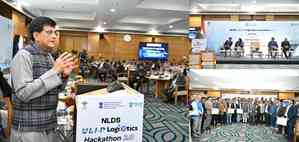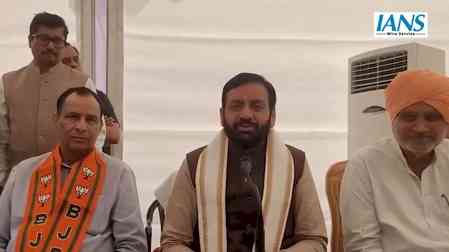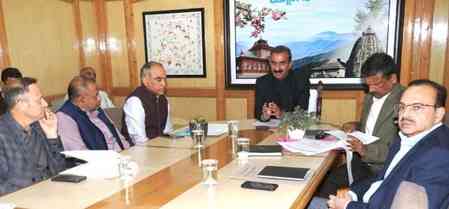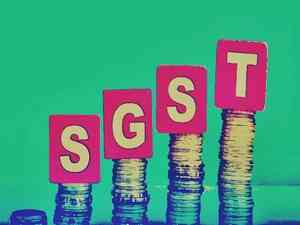Industry must fully integrate with govt digital platforms to boost logistics sector: Piyush Goyal
Union Minister of Commerce and Industry Piyush Goyal on Friday called for a 100 per cent integration of industry stakeholders onto the government digital platforms to improve the logistics sector.

New Delhi, Dec 20 (IANS) Union Minister of Commerce and Industry Piyush Goyal on Friday called for a 100 per cent integration of industry stakeholders onto the government digital platforms to improve the logistics sector.
During his address at the ULIP Logixtics Hackathon 2.0 Awards Ceremony here, the minister urged the participants to think about sustainability and integrate green practices into India’s logistics ecosystem.
"We have to adopt technology like electric mobility, biofuels, multimodal transport options to bring down overall carbon impact and make sustainability the core of our thinking," the minister pointed out.
Speaking on skill development in the logistics sector, he called for collaboration with institutions to train and build a future ready workforce.
The minister said there was a need to leverage the government, the private sector and academia to enhance skill development in the logistics sector.
Noting that innovation in building infrastructure is needed, he said that better road building techniques and faster processes for bidding out contracts are required.
Using Artificial Intelligence and Data Analytics, we can make sure there is no time and cost overrun, he said.
The Minister also said that more hackathons with newer problem statements could be organised every three months.
Piyush Goyal pointed out that Hackathon is the new style of governance model to solve problems in the country.
It is inclusive, involves young minds, startups and innovators. This is Prime Minister Narendra Modi’s ‘Sabka Prayas’, he added.
He further noted that Ease of Living and Ease of Doing Business are the two objectives the government has set before itself and these two outcomes are necessary for the country to be competitive.
ULIP Logistics Hackathon 2.0 was officially launched on September 24, 2024, in association with NITI Aayog and Start-up India, to provide a nationwide platform for start-ups, enterprises, and logistics service providers to address critical challenges in the logistics sector.
For the 2024 edition, the hackathon was scaled up significantly, receiving an overwhelming response of over 4,751 registrations. Following a rigorous evaluation process, 72 participants were shortlisted to develop prototypes.
Of these, 25 finalists were presented their innovative solutions during the Finale Event on December 20.
ULIP Logistics Hackathon 2.0 received an impressive array of innovative solutions targeting critical challenges in the logistics sector.
Among these were proposals for accident hotspot mapping, leveraging geospatial data and real-time analytics to identify and mitigate accident-prone areas, thereby improving road safety and informing better infrastructure planning.
Several solutions focused on sustainable supply chain management, emphasizing reduced carbon footprints through efficient load consolidation, optimal routing, and real-time tracking to support greener logistics operations.
Participants also explored cargo insurance and risk management, presenting ideas that integrated advanced risk assessment tools with seamless and cost-effective insurance mechanisms tailored to logistics needs.
Enhancing operational efficiency was another major focus, with solutions aimed at improving route optimisation, cargo space utilisation, and transit time reductions using predictive analytics and data-driven decision-making.
The hackathon offered a substantial cash prize pool of Rs 20 lakh to recognise and reward innovation and creativity in logistics solutions. The prize distribution is designed to inspire excellence and encourage participants to develop impactful and transformative ideas.
--IANS
sps/pgh


 IANS
IANS 








